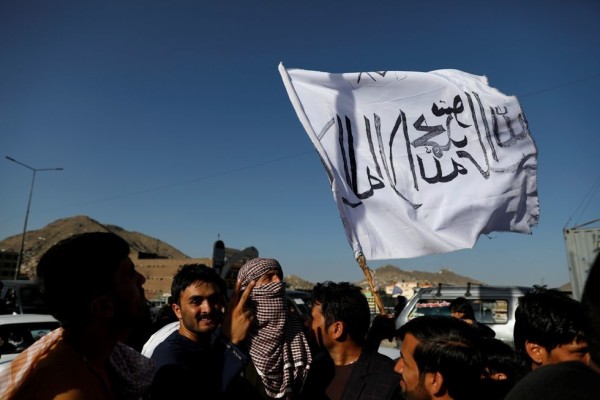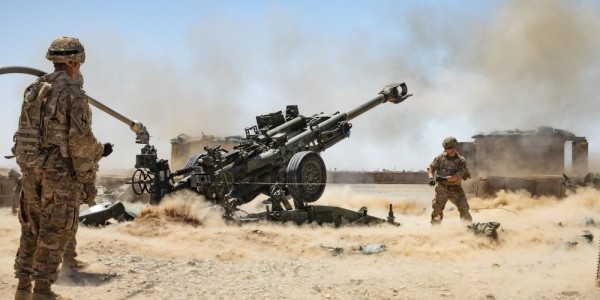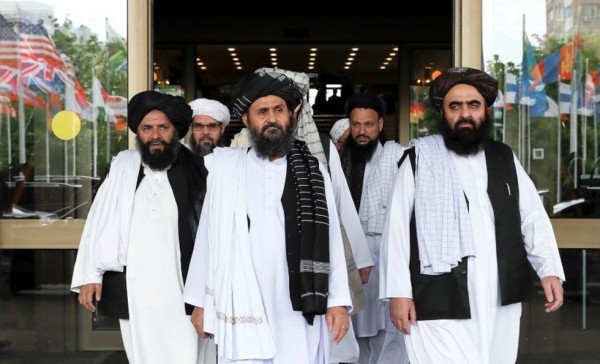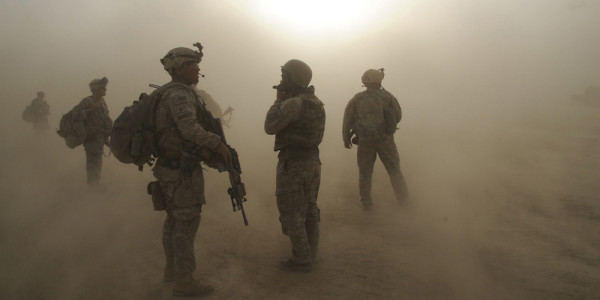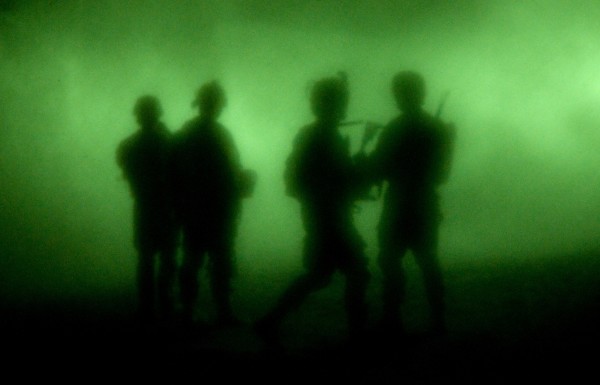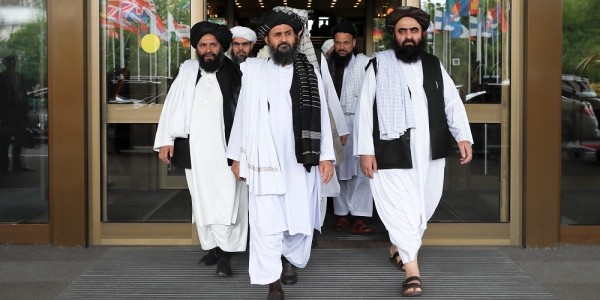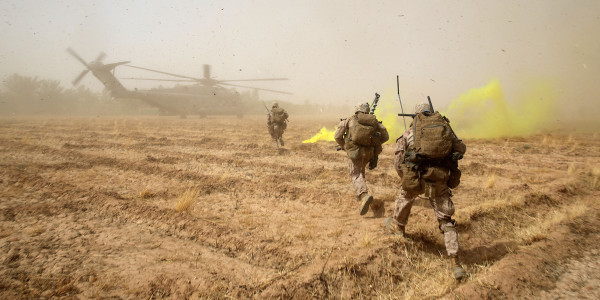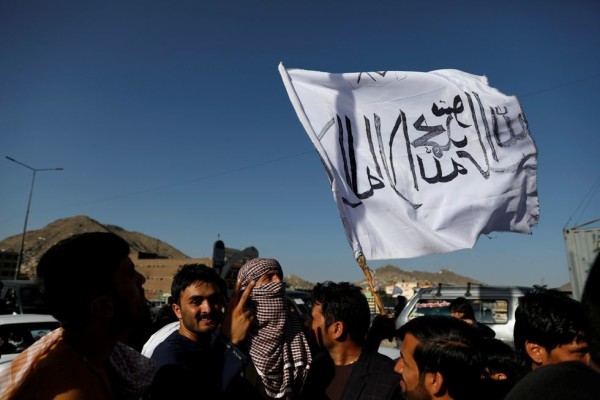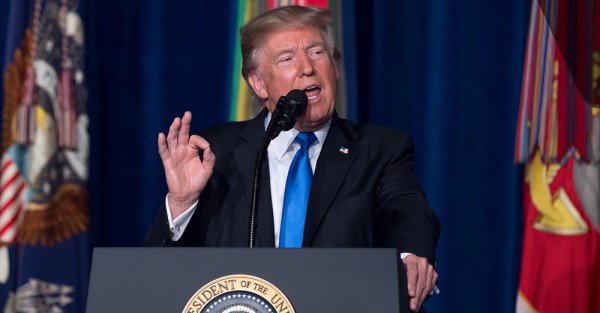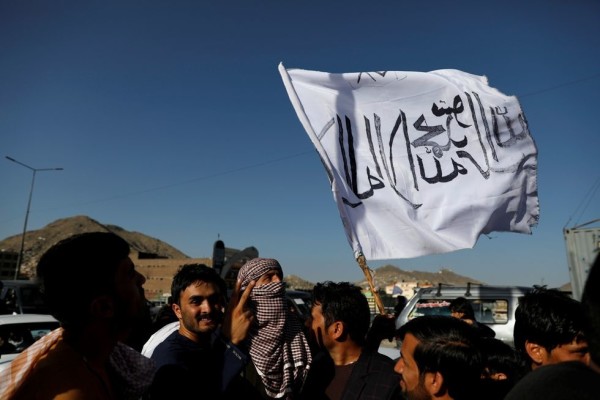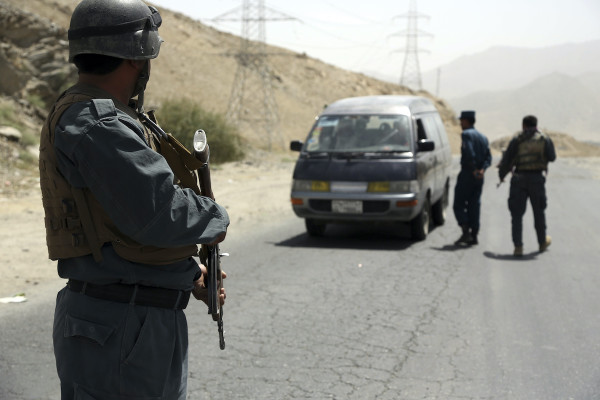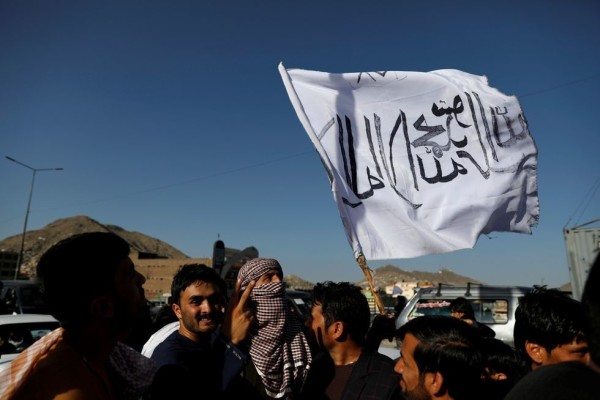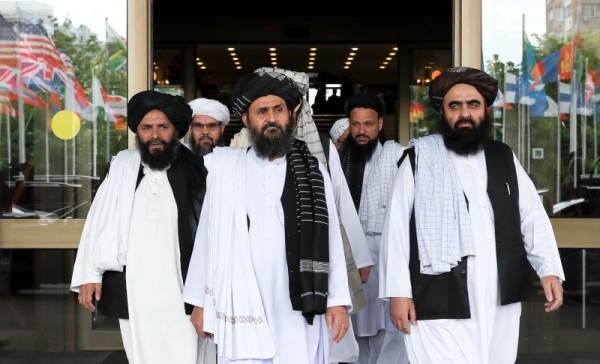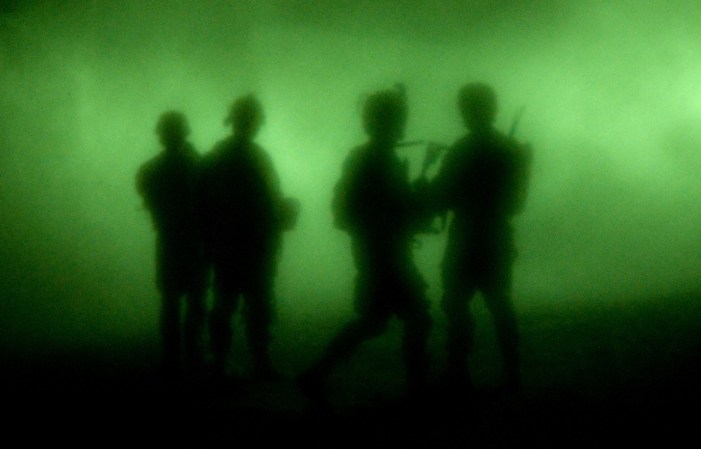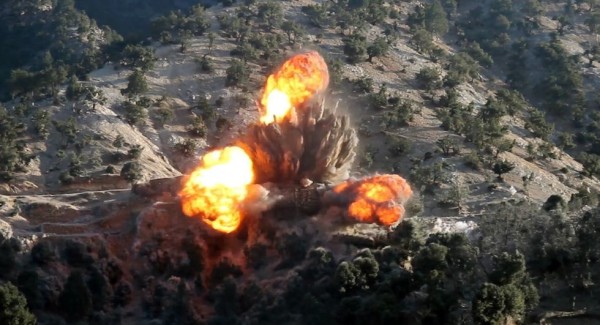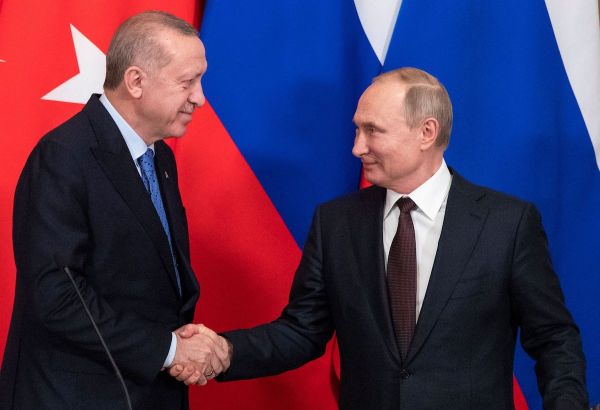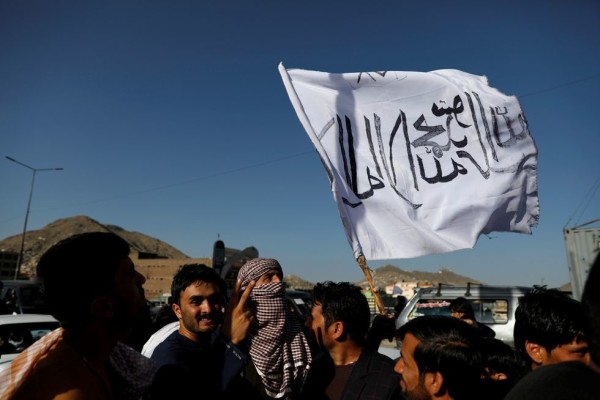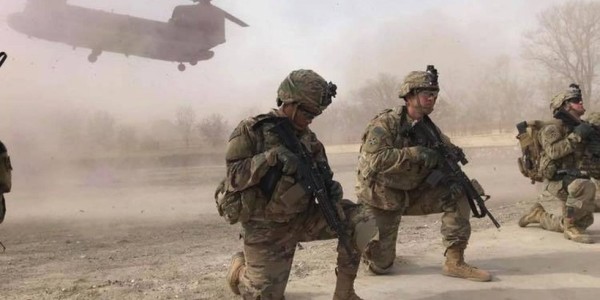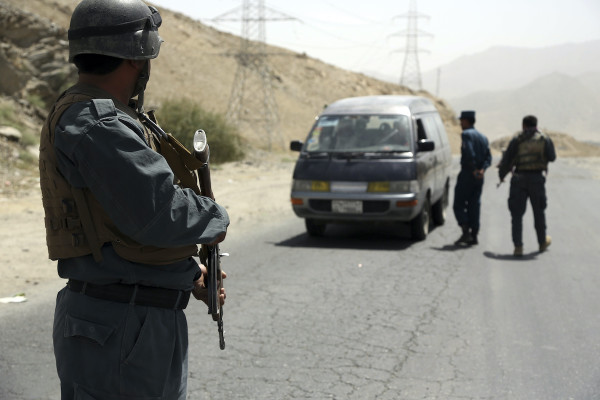The 7-day “reduction in violence” negotiated between the United States and the Taliban is set to begin on Feb. 22, an Afghan government official who spoke on condition of anonymity told Task & Purpose on Monday.
A temporary truce beginning on Saturday that would last for one week is seen as a crucial test between the Taliban, U.S., and Afghan governments that would prove all parties to a potential peace deal can control their forces. Defense Secretary Mark Esper declined to confirm the date on Sunday.
“That is a moving date because we are still doing consultations, if you will,” Defense Secretary Mark Esper told reporters.
The temporary truce is part of efforts to reach a peace agreement with the Taliban that would pave the way for the U.S. military to reduce its footprint in Afghanistan to a residual counter-terrorism force of about 8,600 troops, Esper said.
It is not clear whether the Taliban would publicly agree to allowing any U.S. troops remain in Afghanistan as part of a peace deal. Kim Dozier of Time Magazine first revealed that a peace agreement could include a secret annex allowing some U.S. troops to stay.
By agreeing to the reduction in violence, President Donald Trump has largely reversed himself since he announced his administration’s South Asia strategy in August 2017, said retired Navy Cmdr. Guy Snodgrass, a speechwriter for former Defense Secretary James Mattis who helped draft the strategy.
Nearly three years ago, the president announced that his original instinct had been to withdraw from Afghanistan but he was persuaded that a hasty departure of U.S. troops from the country would create a vacuum that would be filled by Al Qaeda and other terrorists.
Now the president has moved closer to fulfilling his campaign pledge to bring U.S. troops home, Snodgrass told Task & Purpose on Monday.
Trump mentioned in his Feb. 4 State of the Union address that his administration is working to “finally end America’s longest war and bring our troops back home.”
But it remains to be seen whether the Taliban will honor the 7-day truce, which is a condition for an eventual peace deal.
“This has been tried numerous times in the past with the Taliban,” Snodgrass said. “Typically it fails. I think one of the reasons why it fails is because the time period is so long that something happens somewhere in the country and subsequently it gives everyone a reason to say: Well, the Taliban couldn’t meet their side of the bargain; therefore, we can’t move forward.”
“So I suspect it’s been a very calculated approach to say … we need cessation of hostilities for one week; and if you meet that bar, then we’re moving forward,” he continued.
Representatives from the Taliban could not be reached for comment on Monday.
It is difficult to say with any degree of certainty if the Taliban will abide by the truce, Snodgrass said.
While the Taliban has long sought the removal of all U.S. troops from Afghanistan, it is not a homogeneous organization, so all the different tribes and factions would have to come to an understanding about what has been agreed to and what is at stake, he said.
“Given the choice of sticking with the 7-day truce so that they can move the United States one step closer to withdrawal, then I think they would be well advised to take it,” Snodgrass said.

